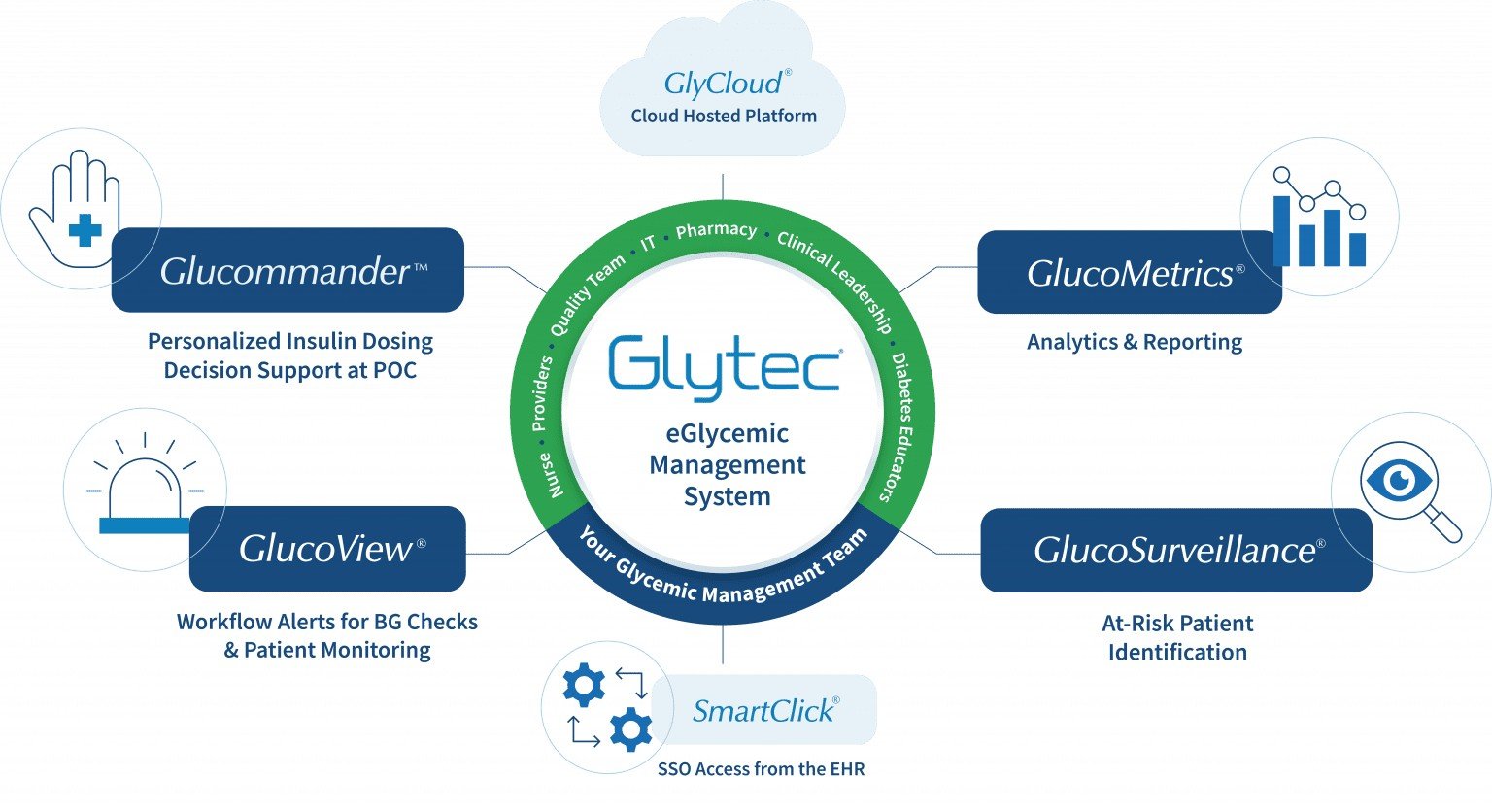 A lot of people in America have diabetes and prediabetes, but even those who don’t are likely to require insulin while they are staying in a hospital. The problem is that hospitals haven’t invested in computerized protocols to deliver personalized dosing regimens, meaning they still use a one-size-fits-all solution for all patients.
A lot of people in America have diabetes and prediabetes, but even those who don’t are likely to require insulin while they are staying in a hospital. The problem is that hospitals haven’t invested in computerized protocols to deliver personalized dosing regimens, meaning they still use a one-size-fits-all solution for all patients.
That can be a big problem for patients, said Ed Furlong, President and Chief Executive Officer of Glytec, a provider of an eGlycemic Management System (eGMS), which announced $21 million in financing on Monday
“Traditional methods of glycemic management, although not the standard-of-care according to the ADA, include paper-based protocols and sliding scale methods that do not dynamically adjust based on patient needs,” he told me. “Less than 10% of hospitals in the United States currently deploy an electronic glycemic management system. Every hospital in the U.S. needs an eGMS to meet the standards of care recommended by the ADA and other organizations.”
If hospitals don’t use these technologies, Furlong explained, it can lead to serious adverse clinical outcomes, including higher rates of hyperglycemia and hypoglycemia, and that’s not just for people with diabetes who require insulin while in a hospital stay.
“Stress hyperglycemia is prevalent with patients who are undergoing surgery or who are critically ill. These patients are often not given timely and targeted insulin therapy because hospitals aren’t following evidence-based protocols.”
Glytec’s eGMS is called Glucommander, and it can personalize IV and SubQ insulin dosing support for patients, leveraging real-time and historical data to personalize insulin dosing by learning each patient’s insulin sensitivity and anticipating future need.
Glucommander dynamically adjusts the insulin titration and time to the next Blood Glucose (BG) based on a patient’s BG values and trends. It also targets the point of the patient’s target range and is designed to bring patients into range safely and efficiently.
Over the past 12 months, Glytec increased the number of beds covered nationwide by its eGMS software by 25%; it was also contracted for use in an additional 6,500 beds and is now partnering with over 300 healthcare facilities across the country. Some of these health systems include Kettering Health Network, Sarasota Memorial Health Care System, CoxHealth, West Tennessee Healthcare, Tift Regional Health System and Garnet Health.
Glytec’s eGMS has already proven to be effective in reducing low blood sugar by 99.8%, 30-day readmissions by up to 68% and length of stay by up to 3.2 days. It also has proven a 62.6% reduction in preventable hypoglycemia-related adverse drug events. With an eGMS, $2,394 has been saved per hypoglycemic event prevented, and up to 72 minutes per nurse per patient has been saved for patients using IV insulin. In addition, by reducing the length of stay, Glytec customers were able to save $20,000 per licensed bed annually.
The company’s new funding round, which includes $9 million debt financing from SVB and $12 million equity investment from Savitr Capital and other private investors, brings its total raised $65 million in total funding.
With this new funding, Glytec expects to increase its headcount by 30% to 150 employees, building out its engineering, product, and other key departments. The company will also use the funds to build new platform features.
“As we develop our product further, we are working on mobile applications, deeper integration with electronic medical records, medication administration, as well as providing a seamless experience for the provider ordering the Glucommander and nurses administering it. We are also looking to further develop our outpatient products as we believe in the continuum of care from hospital to home environments,” said Furlong.
Glytec is coming along at a time when there has been dramatic growth and interest in health technology in recent years, he told me, and patient care and the delivery of care is important to evolve as new technology and processes are available in the market.
“We plan to continue to drive commercial growth around eGlycemic Management Systems and to revolutionize glycemic management initiatives in hospitals across the United States and globally in the future. We are also working to gain acknowledgement from federal governing bodies on the need for benchmarking hyperglycemia and hypoglycemia as they are very important to the safety of patients,” Furlong said.
“There are 6,000 hospitals in the country and all of them need an eGMS. Success to us is awareness of the need for this technology worldwide and for hospitals to better invest in patient safety and their glycemic management initiatives with deploying an eGMS.”
















